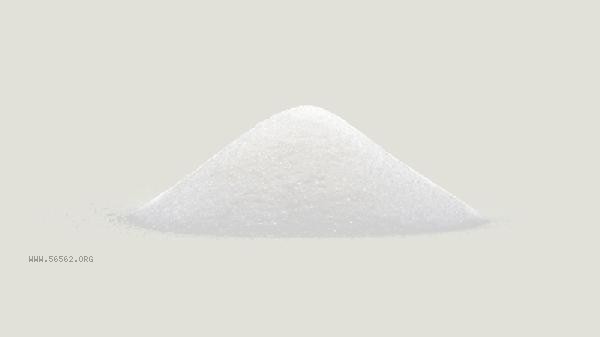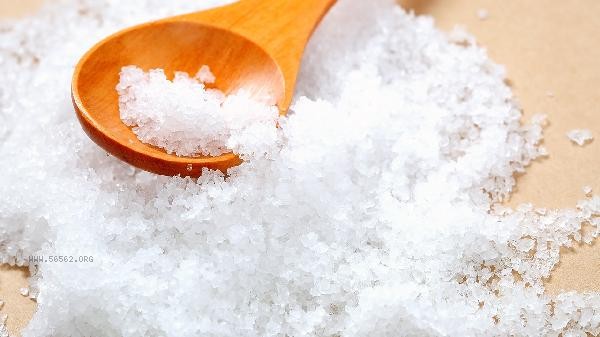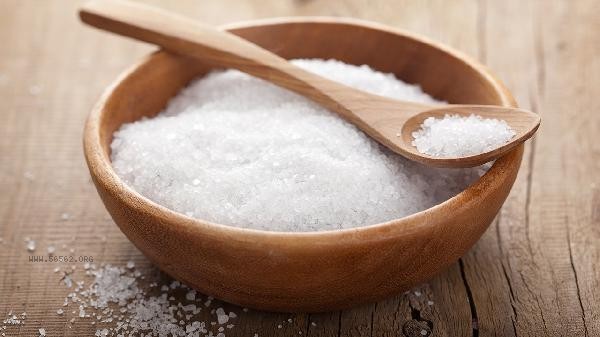Bitter salt may be caused by moisture, clumping, or impurities. In mild cases, it can be resolved by drying or replacing the salt. If it is caused by industrial pollution or special additives, it should be stopped from consumption. Salt is prone to absorbing moisture and clumping in humid environments, which may result in a bitter taste due to a chemical reaction between sodium chloride and impurities. Salt can be placed in a drying pot and stir fried over low heat to remove moisture, or a small amount of rice can be added to absorb moisture. When storing, it should be placed in a sealed container in a cool place to avoid contact with water vapor. Prioritize purchasing regular products with loose particles and intact packaging in daily life to reduce the probability of moisture absorption.

Some industrial or inferior salts may contain excessive bitter components such as magnesium chloride and sodium sulfate, or be mixed with pollutants such as sediment and metal oxides. If abnormal color, pungent odor or persistent bitterness is found in the salt, it should be stopped immediately. Special nutrients such as low sodium salt added with potassium chloride naturally have a slight bitter taste, which can be improved by mixing with regular table salt to enhance the taste.

Long term intake of bitter salts may affect appetite or stimulate the gastrointestinal tract. It is recommended to control salt intake daily, with adults not exceeding 5 grams per day. When cooking, natural seasonings such as lemon juice and spices can be used to reduce salt dependence. Regularly check the status of kitchen seasonings and replace salt that has been opened for more than six months in a timely manner. If you experience symptoms such as nausea and abdominal pain after ingesting industrial salt, seek medical attention immediately.










Comments (0)
Leave a Comment
No comments yet
Be the first to share your thoughts!